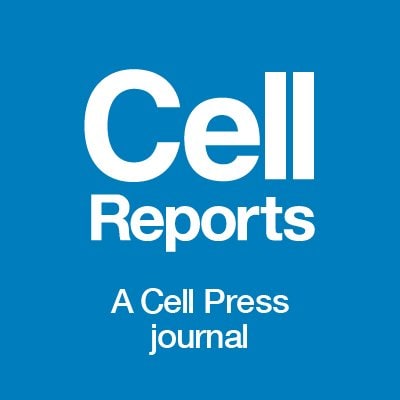Tempus, a leader in artificial intelligence and precision medicine, today announced publication of a study outlining the precision medicine applications for its patient-derived tumor organoid (TO) platform. The study demonstrates how the platform has the potential to accelerate the application of patient derived biological models (organoids) in precision oncology and targeted therapeutic profiling programs through its use of molecular data and AI-based neural network development. Given the scale of Tempus’ organoid program, it now houses one of the largest repositories of these models in the world.
Organoids can be used to model tumor genomes and transcriptomes from a range of cancer types, yet until now, their utilization has been limited by a lack of scalable and reproducible methods for development and therapeutic profiling. The study, published in Cell Reports, analyzed Tempus’ platform of over 1,000 tumor organoid cultures, from patients whose tumors represent the most common subtypes of carcinoma in North America, to evaluate clinical and molecular determinants of organoid culture success, minimal growth factor dependencies by tissue of origin, and molecular concordance between organoids and source tumors. As organoids have the potential to recreate a patient’s own tumor outside their body, this category of biological models has the potential to meaningfully impact both drug discovery and patient care.
Overall, the Tempus organoids accurately represented patients’ tumor DNA mutational profiles, RNA expression, and structural genomic features. Additionally, drug screens under minimal media conditions uncovered clinically relevant therapeutic sensitivities. This finding suggests that future organoid studies can be conducted with less complex media formulations, possibly resulting in reductions in time, cost, user error, and methodological variation. Lastly, the study presents a neural network-based, universal solid tumor therapeutic profiling assay predicting organoid viability from simple light microscopy, reducing cost and time in high-throughput screening.
“Leveraging organoids has the potential to revolutionize personalized oncology and benefit patients,” said Dr. Joel Dudley, Chief Scientific Officer at Tempus. “Tempus’ work in this field will help researchers access technology-enabled, industrial-grade screening of patient-derived organoids at scale, which we believe will significantly advance both diagnostic and drug discovery efforts.”
To read the full study, visit Cell Reports’ website here.
About Tempus
Tempus is a technology company advancing precision medicine through the practical application of artificial intelligence in healthcare. With one of the world’s largest libraries of clinical and molecular data, and an operating system to make that data accessible and useful, Tempus enables physicians to make real-time, data-driven decisions to deliver personalized patient care and in parallel facilitates discovery, development and delivery of optimal therapeutics. The goal is for each patient to benefit from the treatment of others who came before by providing physicians with tools that learn as the company gathers more data. For more information, visit tempus.com.
